asia pacific
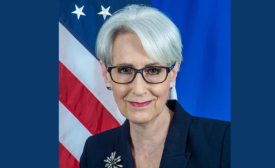
The nation’s number-two diplomat, Deputy Secretary of State Wendy Sherman has circumnavigated the globe twice since being sworn in this April. In July, she was the first senior Biden-Harris administration official to visit the People’s Republic of China for wide-ranging diplomatic talks. On September 2, 2021, Deputy Secretary Sherman spoke about her travels and shared insights into the Biden-Harris administration’s Indo-Pacific strategy, challenges in Afghanistan, and next-generation leadership in public diplomacy.
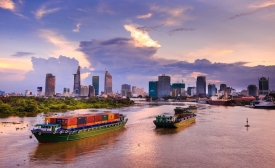
Phillip Arceneaux & Lindsey M. Bier apply the business concept of "underdog expectations" to Vietnam's growing soft power during COVID-19.
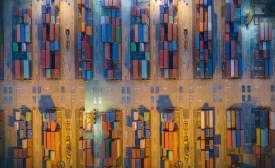
What's next for the global economy and PD? Join us to learn from McKinsey & Co.'s Jonathan Woetzel.
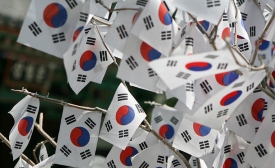
On building strong relationships between South Korea and neighbors in ASEAN and India.
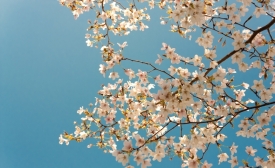
How can a three pillar non-military approach increase Japan's influence worldwide?
The Rohingya may be at the brink of facing genocide. Despite widespread international outcry, the pro-democracy Nobel Peace Prize Laureate Aung San Suu Kyi has remained deafeningly silent while the military continues its onslaught of the Rohingya. Worse yet, her title of Nobel Laureate serves to legitimize her continued (in)actions, while Rakhine State goes up in flames.
Just as many fans have been grudgingly coming to terms with football’s new reality, Qatar Sports Investments shelled out the £198m to transfer Neymar from Barcelona. This hardly came as a surprise. Neymar is a phenomenal talent. But it is important to understand what lies behind this: governments from across Asia have been targeting football for some time as a means of building their global soft power and boosting their images.
At a time when Europe appears ever more self-absorbed and the U.S. questions many of the foundations of post-war prosperity which it created, China appears ever more self-assured in offering an alternative narrative. [...] Despite this massive investment, China’s soft power still languishes far behind that of its Western rivals in most comparative studies: 28th out of 30 in Portland’s 2016 report on soft power or 20th out of 25 according to Monocle.







